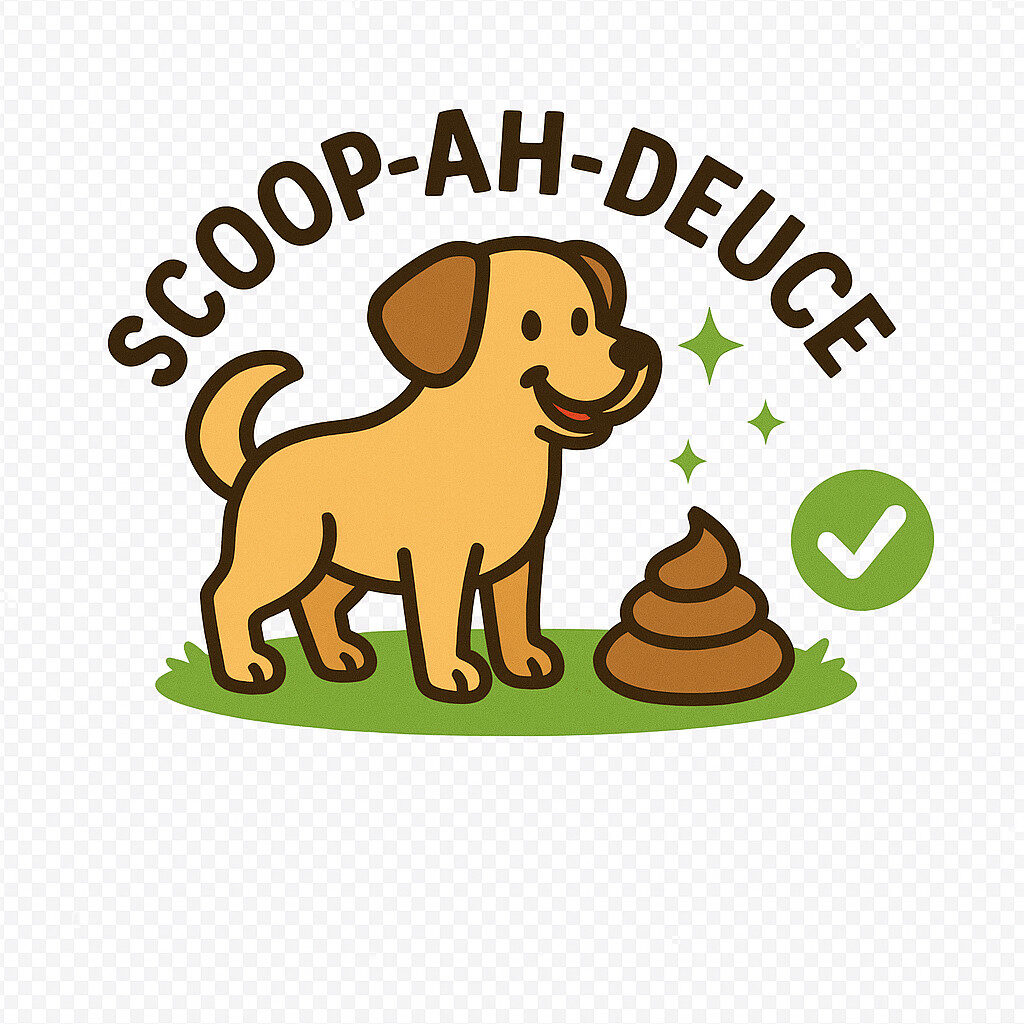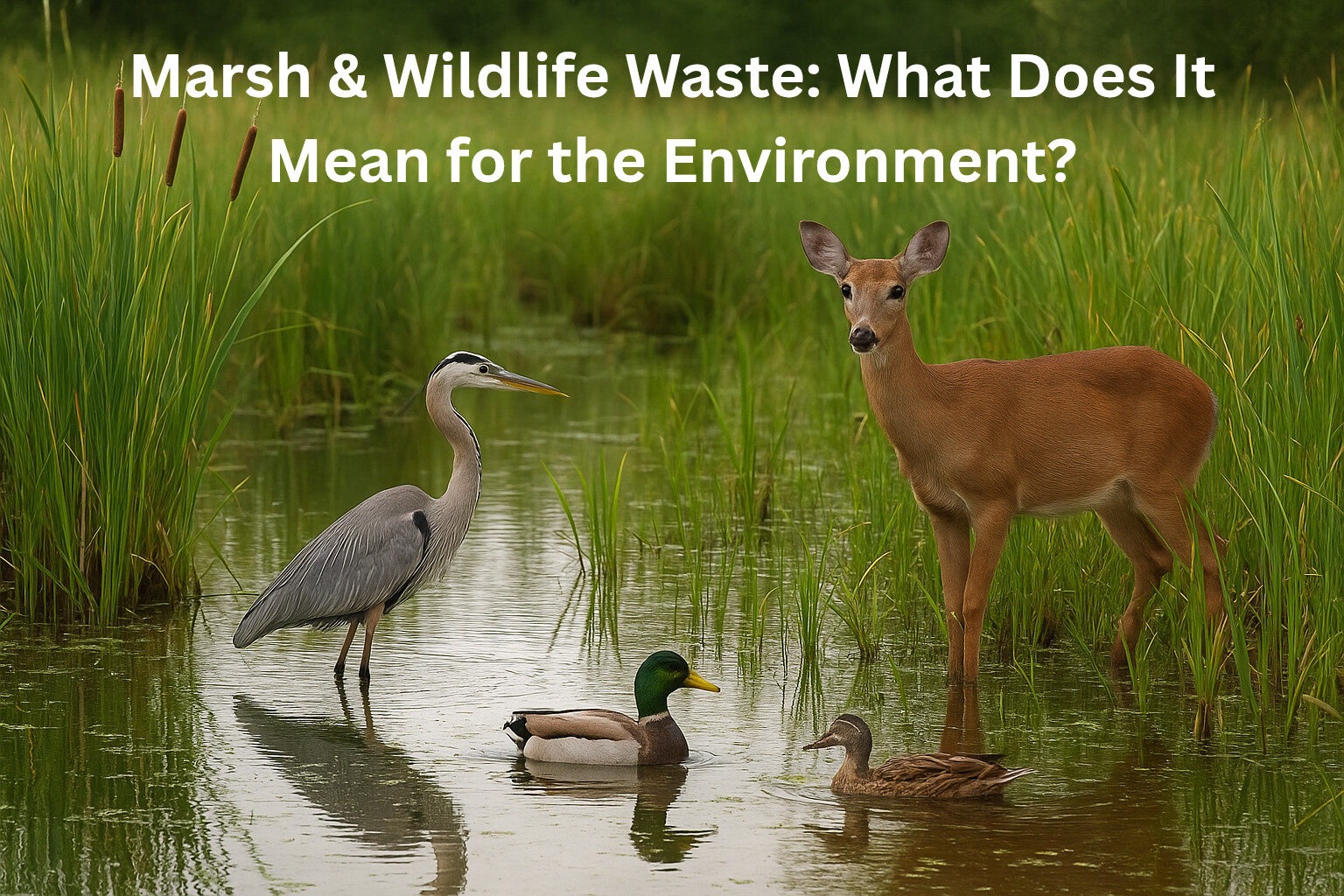When people think about pet or wildlife waste, they often imagine it just “breaking down naturally.” But in reality, animal droppings can have a big impact on the environment — especially when left near water sources like marshes, ponds, or wetlands.
 Waste in Marshy Areas vs. Soil
Waste in Marshy Areas vs. Soil
- On Soil/Land:
Healthy soil has microbes that help break down waste over time. While bacteria are still present, the process is slower and often stays more contained in the ground. - In Marshes/Water:
Wet, oxygen-poor environments speed up bacterial growth and make it easier for harmful microbes to spread. Waste in marshy areas can leach into the water, carrying bacteria, parasites, and excess nutrients far beyond where it was dropped.
 Why It Matters
Why It Matters
- Bacterial Growth
Animal waste contains E. coli, Salmonella, Giardia, and other pathogens. In wet areas, these bacteria multiply faster because moisture and limited sunlight create the perfect environment. - Water Contamination
When rain or tides wash waste into waterways, it releases bacteria and nitrogen/phosphorus that can cause algae blooms. These blooms lower oxygen levels in the water, harming fish and other aquatic life. - Public Health Risks
Contaminated marshes and wetlands can spread bacteria into recreational waters, increasing risks for humans, pets, and other wildlife.
 The Science Behind It
The Science Behind It
- Studies by the EPA show that pet waste is a significant source of bacterial contamination in urban and natural waterways.
- Research confirms that moisture-rich environments like wetlands allow bacteria from feces to survive and spread longer than in dry soil.
- Excess nutrients from droppings contribute to eutrophication — a well-documented process that damages ecosystems by fueling harmful algae growth.
 The Bottom Line
The Bottom Line
Pet and wildlife waste isn’t “just natural fertilizer.” In marshes and wetlands, it breaks down differently than on soil — creating faster bacterial growth, polluting water, and stressing ecosystems. Cleaning up after pets and managing waste responsibly helps protect not just your yard, but also the waterways and wildlife we all depend on.


Leave a Reply